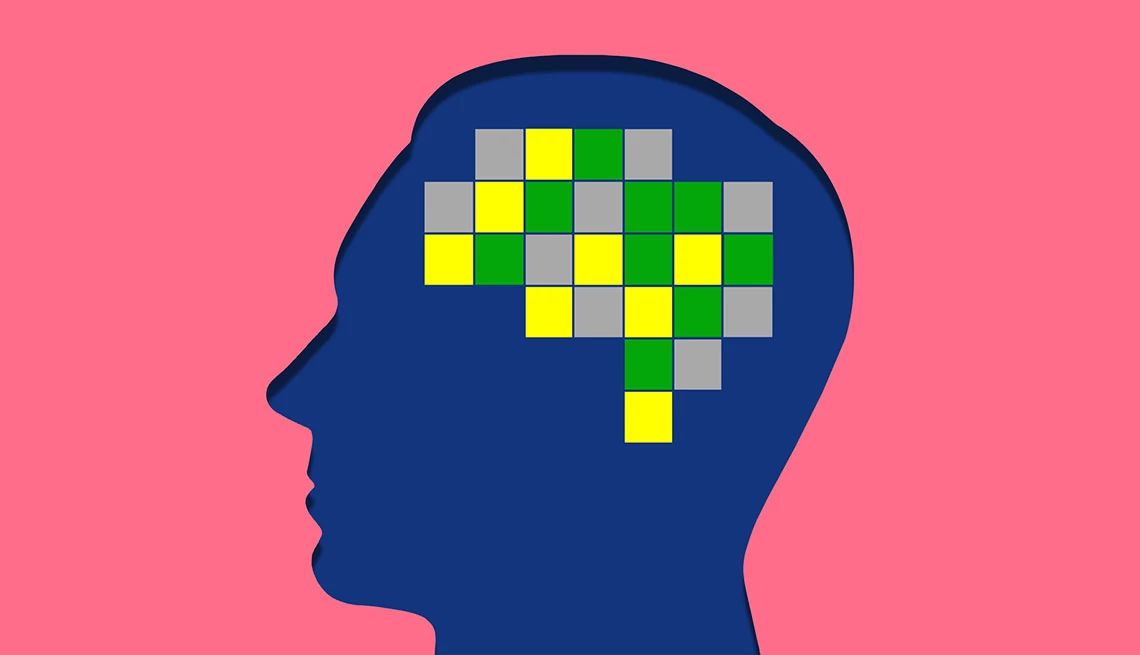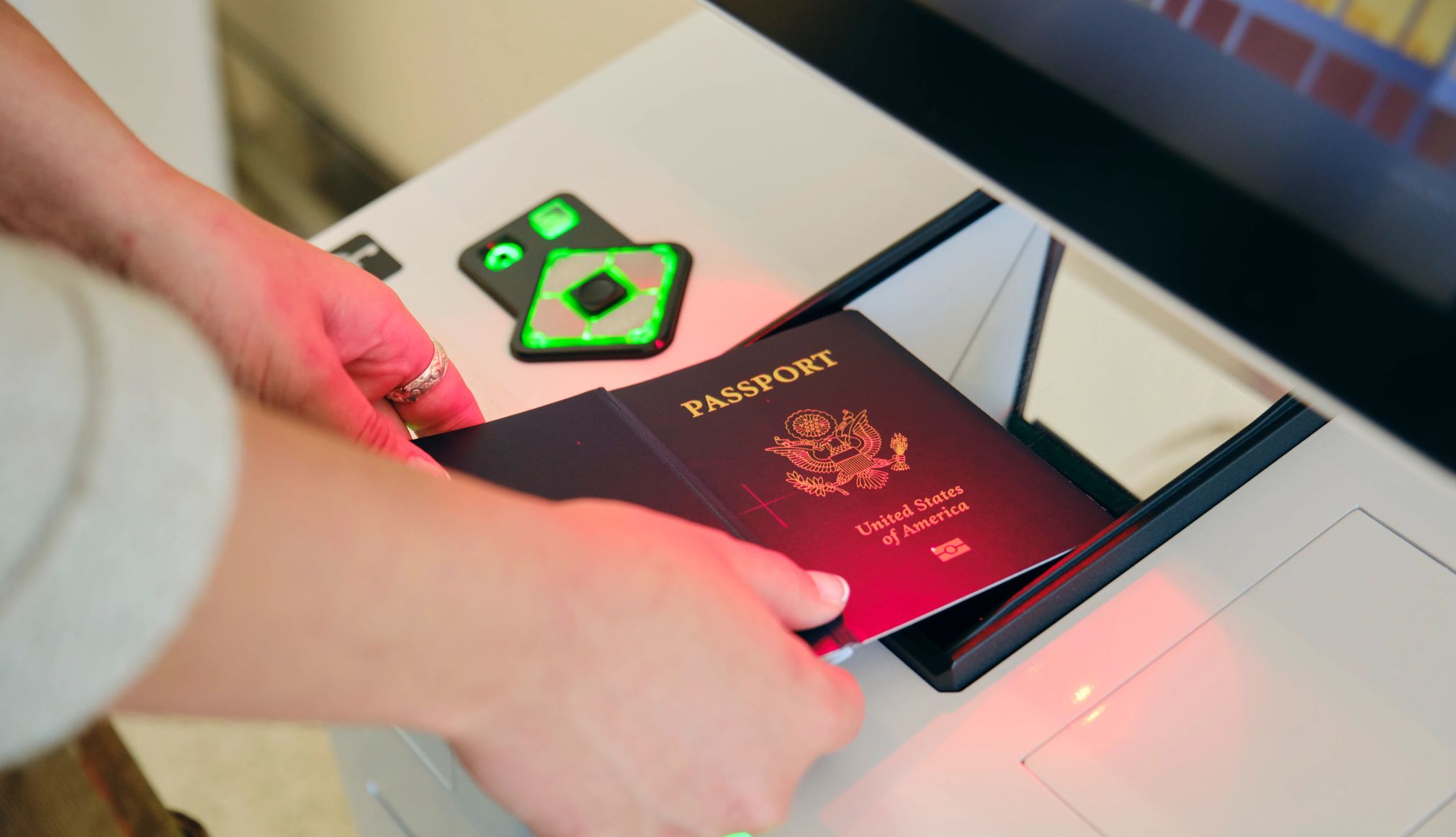AARP Hearing Center


One drizzly January morning in 2022, Mark Kariel took a few sips of coffee, pulled out his phone, opened his New York Times app and began to Wordle. He’d never played before, but it seemed like everyone around him was doing it. Those cheery green and yellow Wordle squares kept colonizing his Facebook feed. He wondered what he was missing.
Kariel, 68, an accountant in Houston, was also thinking about his father, who had died two years earlier, at age 92. In the last years of his life, his memory had slowly dimmed. “If there’s anything that I can do to keep my mind as sharp as possible, I will do it,” Kariel recalls thinking. “So that was, either consciously or subconsciously, a reason for me to start doing this.”


LIMITED TIME OFFER: Labor Day Sale!
Join AARP for just $9 per year with a 5-year membership and get a FREE Gift!
After conquering his first Wordle — barely! — he felt a rush of victory and posted the results on Facebook. Today, Kariel’s Facebook is mostly a daily diary of his 700-plus Wordles, with a few “Go Texans!” thrown in during football season.
Wordle is kind of like the love child of Wheel of Fortune and hangman. You get a maximum of six tries to guess a five-letter word. Kariel has also started playing Connections, another New York Times game, which asks players to group four words with similar themes.
Like Kariel, many of us think that in some vague way, puzzles are like a daily vitamin for the brain, a tool for staving off decline. An entire “brain game” industry peddles the notion that by doing its daily puzzles, all sorts of measurable brain benefits will emerge. Whether or not puzzles can actually prevent dementia, or at least make you sharper, smarter and wiser, has confounded researchers for decades. But when it comes to the jigsaw puzzles, crosswords and word finds we grew up with — as well as the latest online craze — researchers say they can indeed help your brain. Just not in the ways you might think.
Stress, then release
Though it would be great if scratching out answers on a crossword or pecking them out on your phone could make a significant impact on your dementia risk, evidence suggests “they’re not enough,” says psychology researcher Jennifer O’Brien of the University of South Florida.
O’Brien studies “brain training,” using computer programs that require you to process incoming information and make decisions. She leads a $44.5 million study called PACT, for Preventing Alzheimer’s with Cognitive Training, funded by the National Institute on Aging. The study is enrolling 7,600 volunteers 65 and older. It involves a variety of computer-based games and will track cognitive changes. But these tools have more in common with video games than crossword puzzles, O’Brien explains.



























































You Might Also Like
Great Ways to Curb Sugar Cravings
From eating a protein-packed breakfast to ‘urge surfing,’ we have tips to stop craving sweets
Groundbreaking Alzheimer’s Research
Sanjay Gupta, M.D., shares promising outcomes he witnessed while filming ‘The Last Alzheimer’s Patient’
Keeping Your Memory Sharp
From checking hormone levels and your hearing to how to nourish the brain, we have tips to help your brain health
Recommended for You